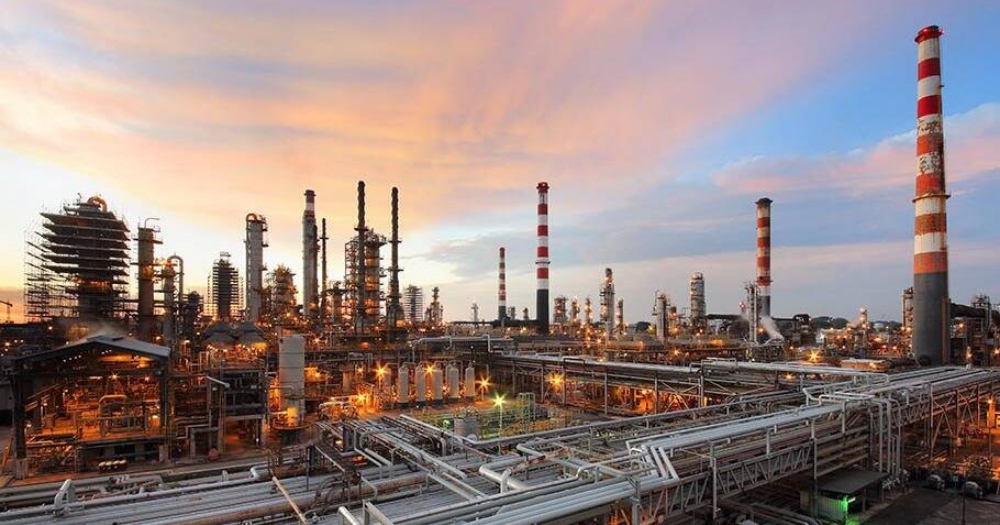In his Budget speech on Feb. 18, Minister for Finance Lawrence Wong announced that there will be a gradual increase in carbon tax in the coming years.
He reiterated that while moving towards net-zero emission is "a very costly affair", it is a cost that we "cannot skimp on" as climate change poses an existential crisis for Singapore, a point he made last October at the 35th Singapore Economic Round Table held by the International Policy Studies.
To move more "decisively" to achieve Singapore's net-zero ambition, the carbon tax will be raised to S$25/tCO2e in 2024 and 2025, and S$45/tCO2e in 2026 and 2027, with a view to reaching S$50-S$80/tCO2e by 2030, Wong announced.
No additional carbon tax will be imposed on the use of diesel, petrol or compressed natural gas.
The increase in carbon tax will send a strong price signal and impetus for businesses and individuals to reduce their carbon footprint in line with national climate goals, according to the National Climate Change Secretariat (NCCS).
Under the Paris Agreement, Singapore updated its climate pledge in 2020 and aims to peak emissions at 65MtCO2e around 2030.
Previously, Singapore aims to achieve next zero emissions in the second half of the century.
Now, Singapore aims to achieve net zero emissions by or around mid-century.
It is now possible for Singapore to bring forward net-zero timeline as green technologies and alternative low-carbon solutions are looking more plausible, Wong explained in his speech. Carbon markets are also growing steadily.
The specific net zero year will only be decided after consulting industry stakeholders and citizen groups.
Singapore will be making a formal revision of our Long-term Emissions Development Strategy later this year.
Carbon tax kept at S$5/tCO2e till 2023
NCCS adds that the revised carbon tax trajectory is "critical" in enabling the pace of transformation needed to achieve Singapore's raised climate ambition and make the economy- and society-wide transition to a low-carbon future.
By announcing the two phases of carbon tax increase, NCCS said that this will give businesses "certainty and impetus" to make plans for transition.
It may also influence businesses to invest in low-carbon technologies and carbon markets.
Singapore is the first country in Southeast Asia to implement a carbon pricing scheme, the carbon tax was kickstarted on Jan. 1, 2019, at S$5/tCO2e.
From now till 2023, the carbon tax level will be kept low at S$5/tCO2e.
This gives businesses time to adjust.
The carbon tax will continue to be applied on facilities that directly emit at least 25,000 tCO2e of greenhouse gas (GHG) emissions annually.
This will cover about 80 per cent of Singapore's national greenhouse gas emissions.
Where does the tax revenue go?
The government does not expect to derive additional revenue from the carbon tax increase in this decade.
The revenue from the increase in carbon tax will be used to support decarbonisation efforts and the transition to a green economy, and cushion the impact on businesses and households.
Helping businesses in this transition
There are existing schemes that help businesses become more energy efficient and to reduce their carbon emissions, such as the Resource Efficiency Grant for Energy (REG(E)) and the Energy Efficiency Fund (E2F), NCCS said.
Additionally, a transition framework will be introduced to give existing emissions-intensive trade-exposed companies more time to adjust to a low-carbon economy.
These companies include those in energy, chemicals and electronics sectors.
NCCS reasoned that these companies face competitors in jurisdictions that may have lower or no carbon prices, and therefore a framework is necessary to help the companies remain competitive in the near term.
Existing facilities in these sectors will also receive transitory allowances for part of their emissions to mitigate the risk of carbon leakage. The allowances will be determined based on efficiency standards and decarbonisation targets.
The transition framework is, however, not applicable to new facilities.
Such transition frameworks are provided in many countries.
Companies may also surrender high quality international carbon credits to offset up to 5 per cent of their taxable emissions from 2024, Wong announced.
This will cushion the impact for companies that are able to source for credible carbon credits in a cost-effective manner, NCCS explained.
This will also help to create local demand for high-quality carbon credits and catalyse the development of well-functioning and regulated carbon markets, Wong added.
More details will be shared in 2023.
Relevant stakeholders will continue to be engaged on the support measures transition framework, and the framework for the use of carbon credits in the meanwhile.
Helping household cope with impact of carbon tax
Households will mainly be affected by the increase in carbon tax through an increase in utility bills, Wong noted.
To address this, the government will provide additional U-Save rebates and other support measures for households.
Details of the support measures for households will be announced in 2023, ahead of the implementation of the revised carbon tax framework in 2024, NCCS said.
Related stories
Other Budget 2022 stories
Top image via ExxonMobil Singapore's website
If you like what you read, follow us on Facebook, Instagram, Twitter and Telegram to get the latest updates.
